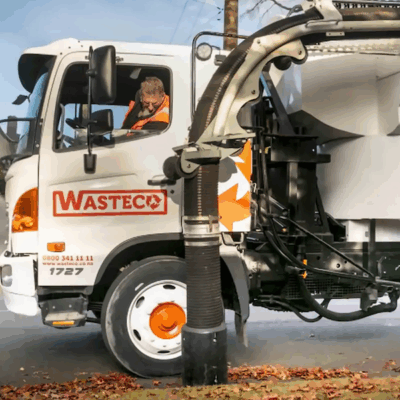Free-range employees and offices without walls
Mark Walton looks at how local business needs to adapt to working in a digital future...
Mark Walton looks at how local business needs to adapt to working in a digital future.
Today’s workplaces look vastly different from a few decades ago, yet even today many New Zealand businesses are behind the curve of adapting to the new world of work. One which is driven by data and new digital technologies.
Microsoft recently released a study that showed three quarters of workers in the Asia Pacific region, which included New Zealand – where more than half of the world’s millennials live – are using their own devices for work. Meanwhile, more than a third are working across more than 10 teams at any point in time. Kiwi businesses are now more likely to work with teams across the world, and are less likely to actually come in to an office – and that’s fantastic news for a small country at the bottom of the world.
The new working landscape, with employees scattered across a range of offices, homes, cafes, airport lounges and Ubers – anytime, anywhere that suits – suddenly puts New Zealand on a much more level playing field to trade and ‘do business’ with a much bigger customer pool outside of our main centres.
Our isolation and size used to be a drawback. Sharing material and information with countries on the other side of the globe was slow and unwieldy, yet we know international trade is essential if we want our local businesses to grow. Now a small business in the Wairarapa can operate in the same space as corporations in Tokyo or New York.
With around 97% of all Kiwi businesses having 20 or fewer employees, many of them outside the big centres, today’s digital working styles mean major growth is on the cards for the New Zealand economy.
However, if we want to take full advantage of the opportunities this presents, our SMEs need to embrace the seamless digital way of working, such as cloud computing, personal devices, and video conferencing. In many cases, this will require a culture change.
Some of us have a reluctance to invest in these technologies which could transform and grow our businesses, whether because of the she’ll be right attitude, a lack of confidence in implementing the technologies, or a hesitancy to invest the money up front.
Unfortunately the alternative is to fall behind. A major consideration for SMEs and digital technologies is the growing number of millennials entering the workforce. By 2020 over half the workforce will be in this generation. How well business leaders understand millennials’ expectations and capitalise on their digital knowledge and skills will determine how well businesses fare in this new world. Competing for those skilled workers to be part of your organisation will come down to how much that organisation has embraced digital technologies and modern devices to empower them to be successful.
The study showed that across the board, all workers, not just millennials, are experiencing a shift in mood towards increasing access to technology. Workers feel more needs to be done by their employer to enable them to do their jobs properly. About 67% said they felt restricted in how they were able to innovate or collaborate with their colleagues, because they didn’t have enough flexibility with mobile tools, and 63% said they had to come in to the office because they didn’t have access to data outside.
This must change.
I think our local businesses need to empower their frontline staff by giving them immediate access to data and tools that will help them to better anticipate needs and trends, address customer demands and turn around work more quickly. Your frontline staff represent your brand, are the first to engage with you customers, see your products and solutions in action, and need to be able to quickly feedback optimizations to your operations to engage with your customers in new and exciting ways, and transform products and services to stay relevant to your customers ever changing needs.
We’re already seeing some of the dramatic changes that digital technology can have on more traditional sectors like construction, where virtual modelling is used to develop “walk-through” buildings that workers – from architects to building contractors and developers – at every stage of the construction process can add to and adapt in real time. This enables the project team to see exactly where changes are being made, where the hazards are, what needs to happen and what the finished product will look like. All with significant cost savings.
Such real-time collaboration tools will be increasingly commonplace by 2020. Staff will have more access to updates on mobile devices, supported by virtual workplaces that allow instant messaging, document sharing and social networks with video and voice capabilities. While we still need to ensure customer data and companies’ intellectual property are safeguarded, removing the main “IT gatekeepers” and democratising the management of information by letting all workers have access and come up with solutions will make companies much more agile and responsive.
If Kiwis are quick to adopt these ways of working, it will pave the way for future success.
While the path to building a digital workplace of the future means changes for staff, IT and processes, New Zealand will reap the benefits of increased productivity and agility, not to mention improved satisfaction for employees and customers alike.
The future of work is responsive, adaptive, collaborative and innovative – and already here. It’s not too late for SMEs to start the transformation.
Mark Walton is Microsoft New Zealand’s Cloud Productivity Business Leader.






